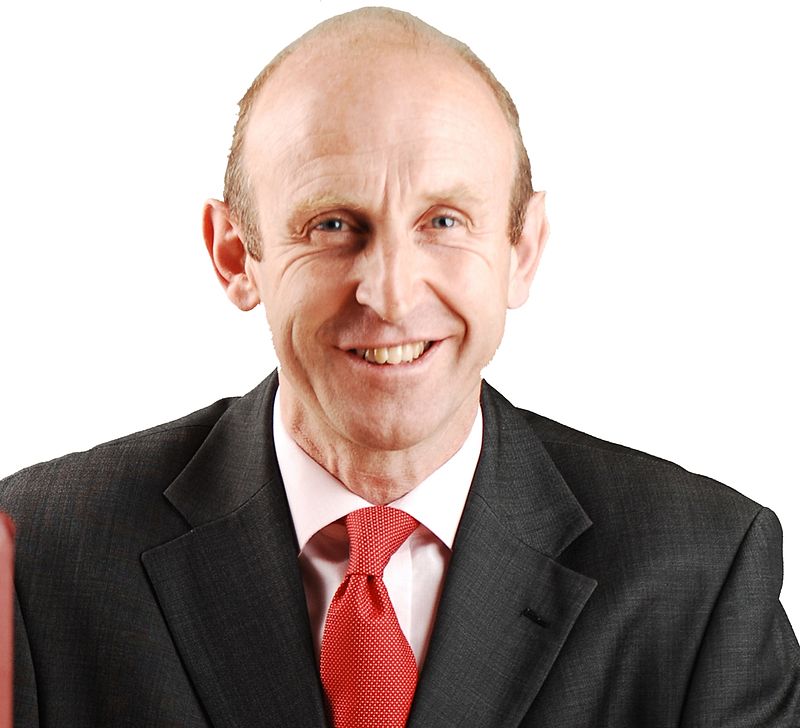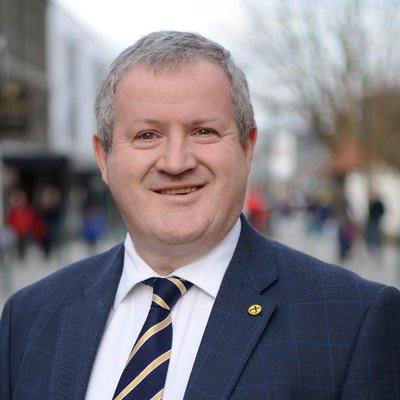John Healey – 2021 Speech on the Commonwealth War Graves Commission
The speech made by John Healey, the Shadow Secretary of State for Defence, in the House of Commons on 22 April 2021.
I thank the Secretary of State for his statement and for the advance copy of it. I thank the commission for its advance briefing, which a number of hon. Members received before today.
Above all, I thank the Secretary of State for his apology on behalf of both the Government of the time and the commission. This is an important moment for the commission and the country in coming to terms with past injustices and dedicating ourselves to future action.
None of this would have happened without my right hon. Friend the Member for Tottenham (Mr Lammy). His documentary “Unremembered” laid bare the early history of the Imperial War Graves Commission and exposed its failure to live up to its founding aim of equality of treatment for all war dead. I pay tribute to Channel 4 and David Olusoga for producing the documentary and to Professor Michèle Barrett, whose research underpinned that work.
Perhaps in another era, we would have been tempted to leave it there, but rightly the commission did not. Indeed, my right hon. Friend would not have let the commission leave it there. The report is a credit to the commission of today, but its content is a great discredit to the commission and the Britain of a century ago. An estimated 45,000 to 54,000 casualties—predominantly Indian, east African, west African, Egyptian and Somali personnel—were commemorated unequally. A further 116,000 casualties, and potentially as many as 350,000, were not commemorated by name or not commemorated at all. In the words of the special committee that produced the report, the commission failed to do what it was set up to do:
“the IWGC was responsible for or complicit in decisions outside of Europe that compromised its principles and treated war dead differently and often unequally…This history needs to be corrected and shared, and the unfinished work of the 1920s needs to be put right where possible.”
This issue has been part of Britain’s blind spot to our colonial past, and we have been too slow as a country to recognise and honour fully the regiments and troops drawn from Africa, Asia and the Caribbean. Today is a reminder of the great contribution and sacrifice that so many from these countries have made to forging modern, multicultural Britain.
What matters now is what happens next. The follow-up to the report’s recommendations cannot be part of business-as-before for the commission. What role will the Secretary of State play as chair of the commission? Is he satisfied that the commission has sufficient resources to do this additional work and, if not, will he make more available? What role will Britain’s embassy staff, including our defence attachés, play in communicating this public apology, researching new names and telling the wider story of the sacrifice that communities in these countries made during world war one? When can we expect the completion of the investigation into the way the commission commemorated the dead from these countries during the second world war, and what commitment will he make today to report to Parliament on the commission’s progress on those goals?
Additionally, we welcome the Secretary of State’s pre-announcement of the consultation on a scheme to end the injustice of Commonwealth and Nepalese soldiers paying twice for their British citizenship. It is something we and the British Legion have campaigned for, and in particular my hon. Friend the Member for Barnsley Central (Dan Jarvis), who is not on the call list today, has led and championed that cause. Can the Secretary of State say exactly when the consultation will be launched?
In conclusion, no apology can atone for the injustice, the indignity and the suffering set out in this report. The Secretary of State spoke today as a soldier. It was a soldier, the hon. Member for Middlesbrough West, who, speaking about the commission in this Chamber more than 100 years ago, said:
“We served in a common cause, we suffered equal hardships, we took equal risks, and we desired that if we fell we should be buried together under one general system and in one comradeship of death.”—[Official Report, 17 December 1919; Vol. 123, c. 500.]
Today, belatedly, we aim to commemorate in full the sacrifice of many thousands who died for our country in the first world war and who have not yet been fully honoured. We will remember them.


